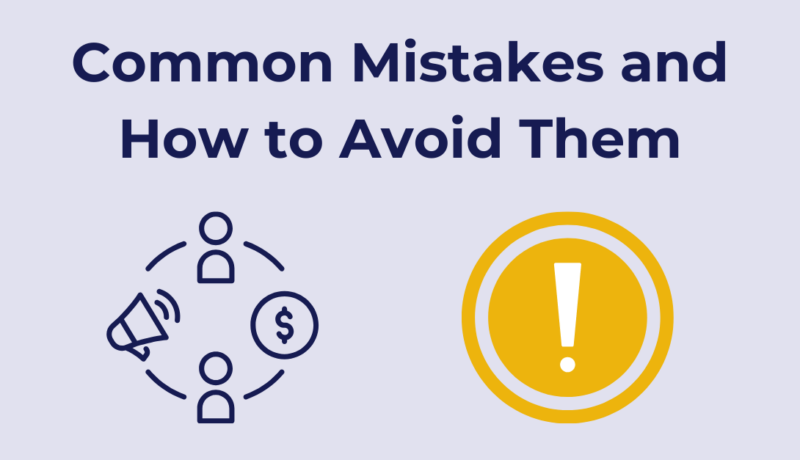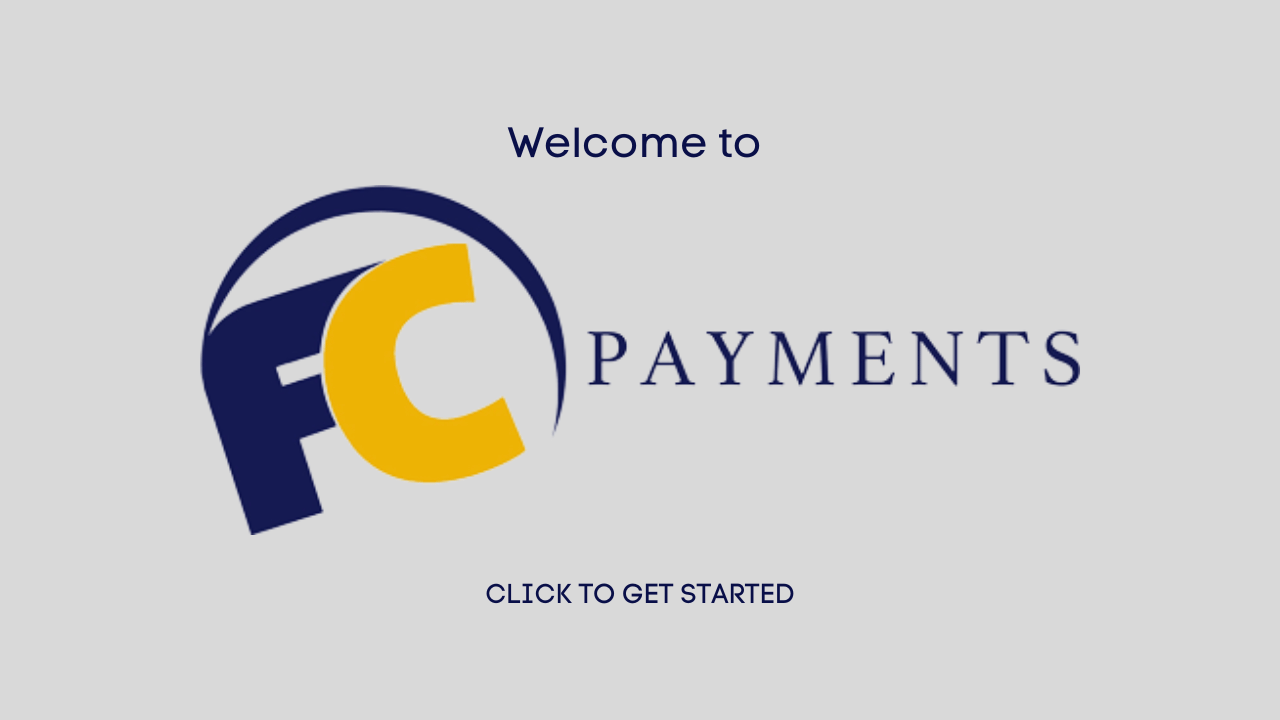First Card Payments – Debt Consolidation Merchant Accounts
Get Approved Today!
We offer Fast Approval & The Lowest Fees. All credit ratings and industries accepted. Contact us for a free consultation.
GET STARTED TODAY
Debt Consolidation Merchant Accounts
First Card Payments has over 20 years experience as a debt consolidation merchant processor.
Debt Consolidation businesses have helped a lot of people to restructure their debt burden, tame their financial obligations, and handle their many financial responsibilities to avoid going bankrupt. Obviously, Debt Consolidation agencies are a fantastic service for the public. The payment method of choice for this business being majorly credit card payments means having a Debt Consolidation merchant account. Being able to accept merchant account payments are crucial.
At the end of 2017 household debt was well over 13 trillion dollars, unfortunately, that number has grown since then and continues to grow. Chargebacks can be more common with the Debt Consolidation industry and that’s why a Debt Consolidation merchant account falls under the high risk label. Traditional Banks will shy away from the Debt Consolidation industry. Just about any type of industry/ business that has the word debt in it will fall under the high risk category. Not only will Debt Consolidation, but Debt Counseling, Debt Relief, Debt Refinancing, Debt Settlement, and even Loan Brokers fall under the high risk category. First Card Payments have been accommodating the above Debt type companies.
Approval for High-Risk Debt Consolidation Merchant Accounts
How to Sign in for Debt Consolidation Account
- All you have to do is submit an application and your business information.
- Accounts are tailored to Debt Consolidation, Debt Counseling, Debt Relief, Debt Refinancing, Debt Settlement, Loan Brokers, student loan, and credit repair companies.
Debt consolidation merchant account comprises encryption and industry-standard developer tools. The gateway can be integrated directly on your website or mobile app, complete transaction via a PCI-DSS compliant payment gateway, see up recurring billing, and complete transaction through a virtual terminal that is a phone or mail.
There is rising demand for debt consolidations as business in this industry are growing and booming. Note however that card transactions are highly risky and too expensive for business. There is big wisdom in changing your payment method to debt consolidation merchant account. This would help you avoid a lot of cost, drastically reduce the risk of chargebacks and greatly build your customer service.
Pricing
First Card Payments has the experience, know-how, and quite frankly the proper go-to Banks/ISOs to not only have you quickly approved for a merchant processing account, but we also have the lowest rates in the industry as well!
That’s the trick we use to keeping you as our happy client. Also because of our vast experience we know all the ins and outs to always making sure you have what you need to keep processing through potential ups and downs throughout the years. We put our clients first!Although the Debt Consolidation industry is considered high risk, it doesn’t mean you must pay high fees for merchant services.
It’s true an Debt Consolidation merchant account will incur higher fees than a traditional merchant account considered low risk by the merchant processing industry.
Unfortunately, most merchant processing companies will take unfair advantage of you being in the high risk category and charge exorbitant fees. You won’t hear this from your Debt Consolidation merchant account provider, but each and every high risk merchant processing company uses a particular ISO that works with the bank. That’s how the industry works.
The ISO sets a fee which the merchant processing company can’t go below, but they can go higher and they do. The merchant processing company you contacted marks up that fee, 9 out of 10 times, way more than they should. At First Card Payments, our mission is to create long lasting client relationships. We put the same level of care into creating relationships with our clients, the banks, and ISO’s that we partner with to provide Debt Consolidation merchant account solutions.
Honesty and transparency are our calling cards. You get lower fees and we maintain a long lasting client relationship; it’s a win-win.
Our Process
Pre-Approval
Apply
Begin Processing
Start Accepting Payments
Debt Consolidation Merchant Account Application Requirements
Why First Card Payments
- No application or setup fees (unlike just about everybody else). We don’t believe in nickel and diming you or hiding fees that you won’t see until later.
- Most times there will be no early termination fees or cancellation fees, which means this agreement is month to month, so you can leave anytime without consequences.
- Whether you’ve been in business many years or you have at least 6 months of prior processing history, 99% of the time First Card Payments will save you a minimum of 25% of the markup of your current fees.
- Over the past decade we have accumulated over 30+ relationships with banks and ISOs. Some of these relationships are personal and directly with the owners, presidents, and CEOS of these companies. That can only be a big advantage for approvals which may need special considerations.
- No matter the situation- termination reasons (high chargebacks, bad credit, card not present (CNP))- we have additional solutions that will accept almost any situation.
How To Apply For Debt Consolidation High Risk Merchant Account
With the current pandemic, more people are buried deeper into debt; more and more Americans owe credit card companies millions of dollars and must find ways to get out of this financial situation.
As the problem of unemployment and financial debt climbs, debt consolidation companies help people get a grip on their finances. And for these businesses to move forward, they must apply for debt consolidation high risk merchant account.
Accepting credit card and e-check payments gives clients and consumers an option to pay off their debts at the same time helping your debt consolidation business capture as many clients as possible.
To be able to accept credit card transactions, a debt consolidation business can refer to the steps below on how to apply for a debt consolidation high risk merchant account:
- You can go to the nearest high risk merchant account provider or go to their official business website to accomplish the online application form.
- Along with the fulfilled application form, you must submit supporting documents:
- Passport or colored copy of driver’s license for the signer of the account
- 3 months of most recent business bank statement
- Business formation documents like Articles of Incorporation of LLC
- At least 3 to 6 months payment processing statements
- Voided check from issuing bank to which processing funds will settle
- For virtual applications, the required documents can also be securely uploaded online.
- High risk merchant account processors and underwriters will review the credentials for approval. Normally, it will take 3 to 5 days for approval due to the high risk classification tagged on your business.
Besides, underwriters will check if your business is compliant with the merchant’s rules and regulations. In addition, underwriters will assess risks by looking into different factors such as your credit card processing history, credit score, and bank statement.
So, be wary of high risk merchant account service providers who promise to have instant approval, because, in reality, there is no such thing as instant approval. The fastest approval one can get is 48 hours from a high risk merchant account application.
Additional tips for high approval rate:
- If your personal credit history is not good, have a co-signer who has a good personal credit history for a favorable approval rating.
- Make sure that your business bank statement shows impressive cash flow to support the processing volume at the same time to improve the likelihood of application approval.
- Fully disclose fees, rates, and cancellations in the contract policies on your website.
- Avoid advertising
- Do not ask for power of attorney from the customers or clients.
- Include accurate information about your debt consolidation services.
When applying for a debt consolidation high risk merchant account, always choose a reputable and experienced merchant account service provider.
Any high risk merchant account providers cannot guarantee any approval, but by simply following these tips, increase your chances of getting approved.
That’s what merchant account providers are here for, to help your debt consolidation business navigate the application process.
Consulting
Our expertise is what sets us apart. Unlike our competition, we are in this for the long haul and we want to help, consult and guide your business for quick approvals and long-term merchant processing success. We will strategize with you to keep your merchant processing efficient, easy and affordable. We will help you keep chargeback ratios down, as well as helping you grow without being limited by merchant processing caps, so you can expand. We like to set our clients up with backup accounts, thereby giving you an added layer of protection if an account gets terminated for any reason.
We are not just a Bail Bond business merchant account provider; we are in your corner, fighting for you behind the scenes.













